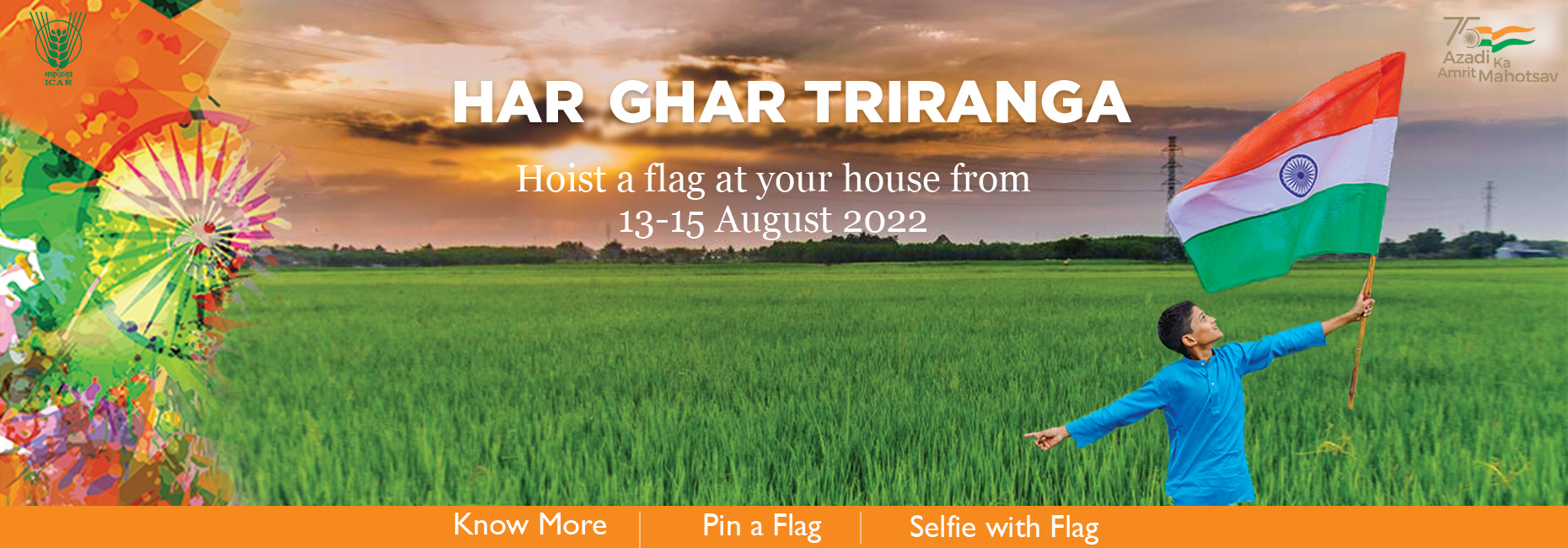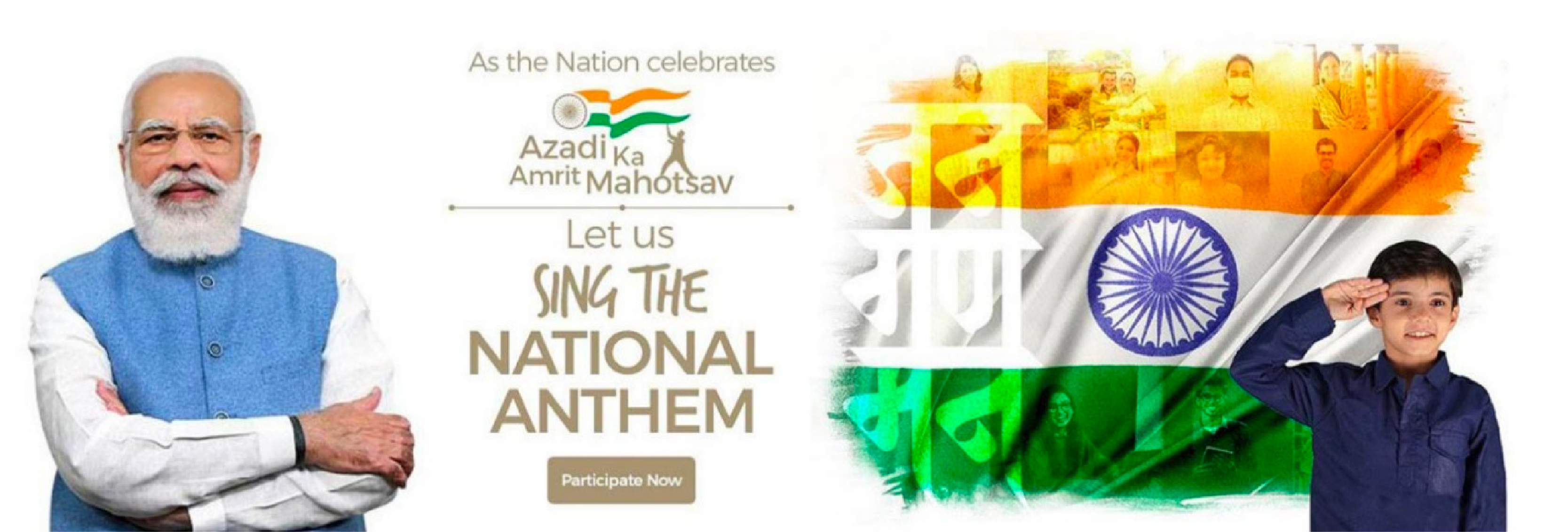April-June 2017
The National e-Governance Plan of the Government of India seeks to lay the foundation and provide impetus for long-term growth of e-Governance within the country. DARE/ICAR was one of the first organizations to have introduced biometric attendance system in 2014 for monitoring the work efficiency in the office. For meta-data management, we already have a centralized research data banking system called ‘ASOKA’ that is managed at Indian Agricultural Statistics Research Institute (IASRI) in New Delhi. For tracking files in the office, e-office file keeping has been introduced and is being adopted at ICAR headquarters and also in the Department of Agricultural Research and Education (DARE). We have introduced the e-procurement, and other monitoring systems for better use of our resources and infrastructure. With concerted efforts ICAR has put in place a few more important e-reforms to balance speed with precision in terms of information management and/or personnel management, as below.
Unified composite information system scientific personnel was lacking in the system/Council. Therefore, it was difficult to arrive at the total number of positions, disciplines, and vacancies to arise in near future. The reform in this direction was to create an electronic platform i.e. PIMS, which contains all relevant information of the scientific personnel of each of the constitute institute of ICAR. The information contained in the PIMS includes number of scientists in each subject, current position he/she occupies, position in which he/she was recruited, number of years spent in a particular institution, validity of the occupancy against a sanctioned position or the position in addition to the sanctioned strength (distortion); number of vacancies existing in different scientific cadres; and this information impacts the system in many ways:
• The vacancy positions are known institute-wise immediately in different cadres, which needs to be filled, thereby allowing the administrator to plan it out well in advance in a phased manner.
• The scientists occupying distorted positions (no valid vacancy) are identifiable which is being corrected. This will help placing the right person in the right place, thus enhancing the efficiency of his/her functioning.
• Administratively, it helps correct the administrative flaws, if any.
• The system also speeds up processing of transfer and posting against vacancies. Till now posting and transfer was happening based on manual compilation of information. There was subjectivity and errors, sometimes, because of manual interventions. By bringing reforms in posting and transfer, computerized PATS, the electronic platform for Posting and Transfers has been created to take into account (a) actual vacancies available in different institutes/disciplines, (b) number of years of posting at one place, (c) whether it is a couple case, and (4) merit of the case, in case of transfer against an existing vacancy. The PATS system has several advantages:
• Errors due to manual interventions are eliminated.
• Subjectivity due to various considerations is eliminated.
• Possible distortion due to lack of information in posting and transfer is avoided. This provides a clear, open and transparent system of operation for everybody to see and take note of. The Transfer Module will be in perpetual review to incorporate further amendments to resolve the issues as and when raised during the operation of the modules in the PATS system.
We have now defined criteria for eminent scientists who are eligible to appear for senior research management positions in the Council. Now by including criteria on research thrusts, outputs and publications, etc., we enable an individual with proven scientific/academic accomplishments becomes eligible to apply. The advantage would be that a scientist who has contributed creditable achievements now becomes eligible for senior research management positions in the system. It will also attract talent from abroad and also from other organization, thereby facilitating lateral movement which will revitalize the system. Research and education experience of such people can be effectively utilized in RMP positions by way of blending both to the advantage of the Institutional development.
We have now brought in specific subjects in basic sciences for each position leaving no room for speculation and individual judgments to help facilitate the scrutiny and short listing of candidates. Score card has scope for certain subjective considerations which was earlier left to the screening committee, who interpreted based on their wisdom and alloted scores for further consideration the selection process. To remove subjectivity, some of these subjective parameters have been either modified and/or removed. This will help in pragmatic screening of applications and enable a selection process without any bias.
More importantly, the computerized score card will enable the candidates to themselves see their scores based on the inputs provided to the software. This will also eliminate a group of experts, thereby saving time of screening and short-listing.
The Council has created the following portals for effective governance by utilizing the information and communications technology. ICAR Data Centre and Unified Communication portal to secure institute information and information transmission.
• ICAR-Enterprise Resource Planning (ERP) System to this manage the human resource information of the council including pay roll, finance and budgeting.
• KVK Knowledge Network Portal (http:// kvk.icar.gov.in) to share basic information and facilities of KVKs with contingency plans, demonstration schedule, and advisories.
• Management System for Post-Graduate Education (MSPGE) enabling academic and e-learning modules while also being a repository of academic records
• E-Samvad, an online interface of the Council to answer citizens queries.
• KRISHI – A knowledge repository portal of digital information pertaining to research experiments, outputs, publications, etc.
• E-office for digital filing of information to help speed up the processing time of files.
• E-Krishi Manch, a dedicated portal for farmerscientist interaction.
All these will help in the monitoring of activities, giving feed back to the clientele and interfacing with the end-users.
I am sure, with the adoption of such e-governance modules, the administrative and research environment in the DARE/ICAR would be more transparent, faster and effective, that will provide ample change for all of us to spend our time effectively in the larger interest of farmers, and specifically, in enhancing farm productivity and doubling farmers’ income.







 कृषि अनुसंधान एवं शिक्षा विभाग
Department of
कृषि अनुसंधान एवं शिक्षा विभाग
Department of










